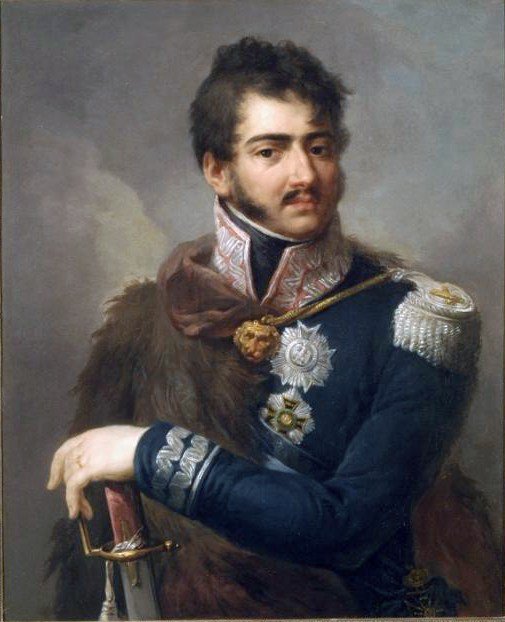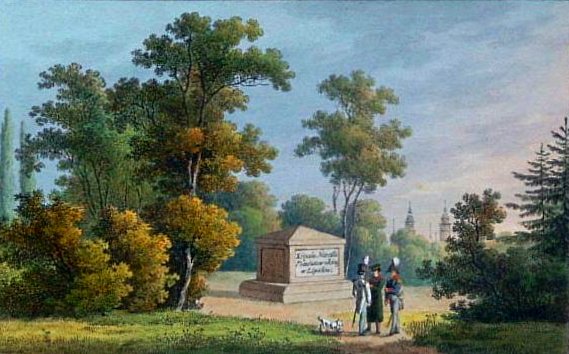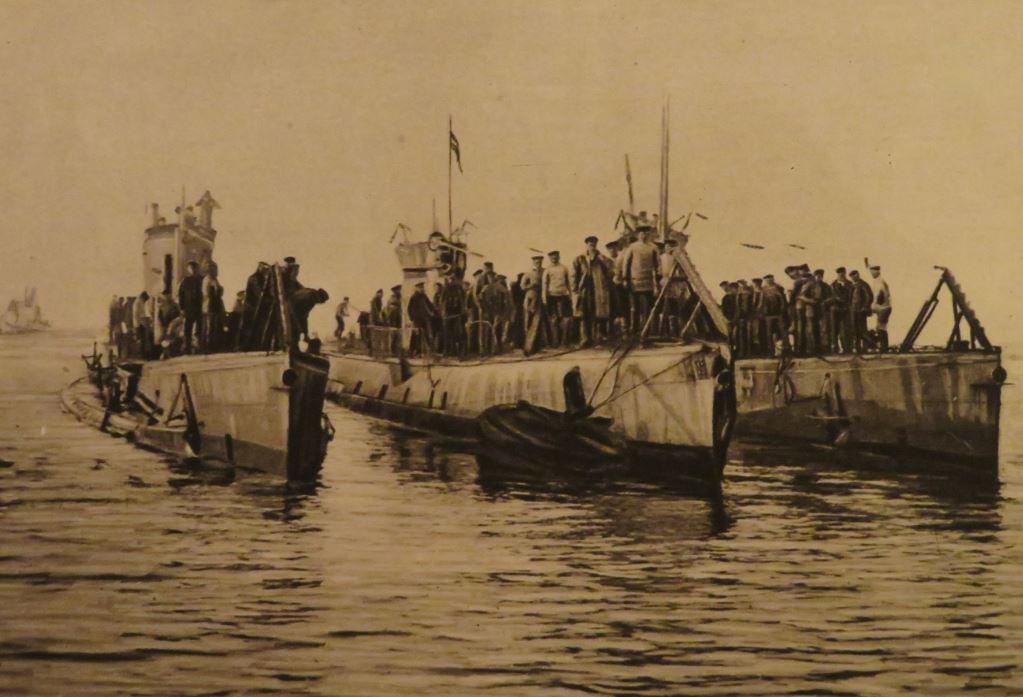
In 1792 during the Poland-Russia war caused by Russia's desire to stop attempted reforms that would strengthen the Polish state, Stanisław August asked his nephew to take over the command of the entire army.
In 1806 when Napoleon created the Duchy of Warsaw,he chose the Prince to be its War Minister. However, the supreme military power lied in
In this war Poniatowski displayed a new, one
Poniatowski commanded a corps during the war with Russia in 1812 and performed superbly, especially at
After the failure of the 1812 Campaign the situation of the Polish Army became extremely difficult. Prussia
Poniatowski's VIIIth Corps played a crucial role in the battle of Leipzig (during which Napoleon finally gave Poniatowski his marshal's baton). On the 18th
In 1817 a statue of the Prince was commissioned from Danish sculptor Bertel Thorvalsen. Tsar Alexander agreed that it would stand in














